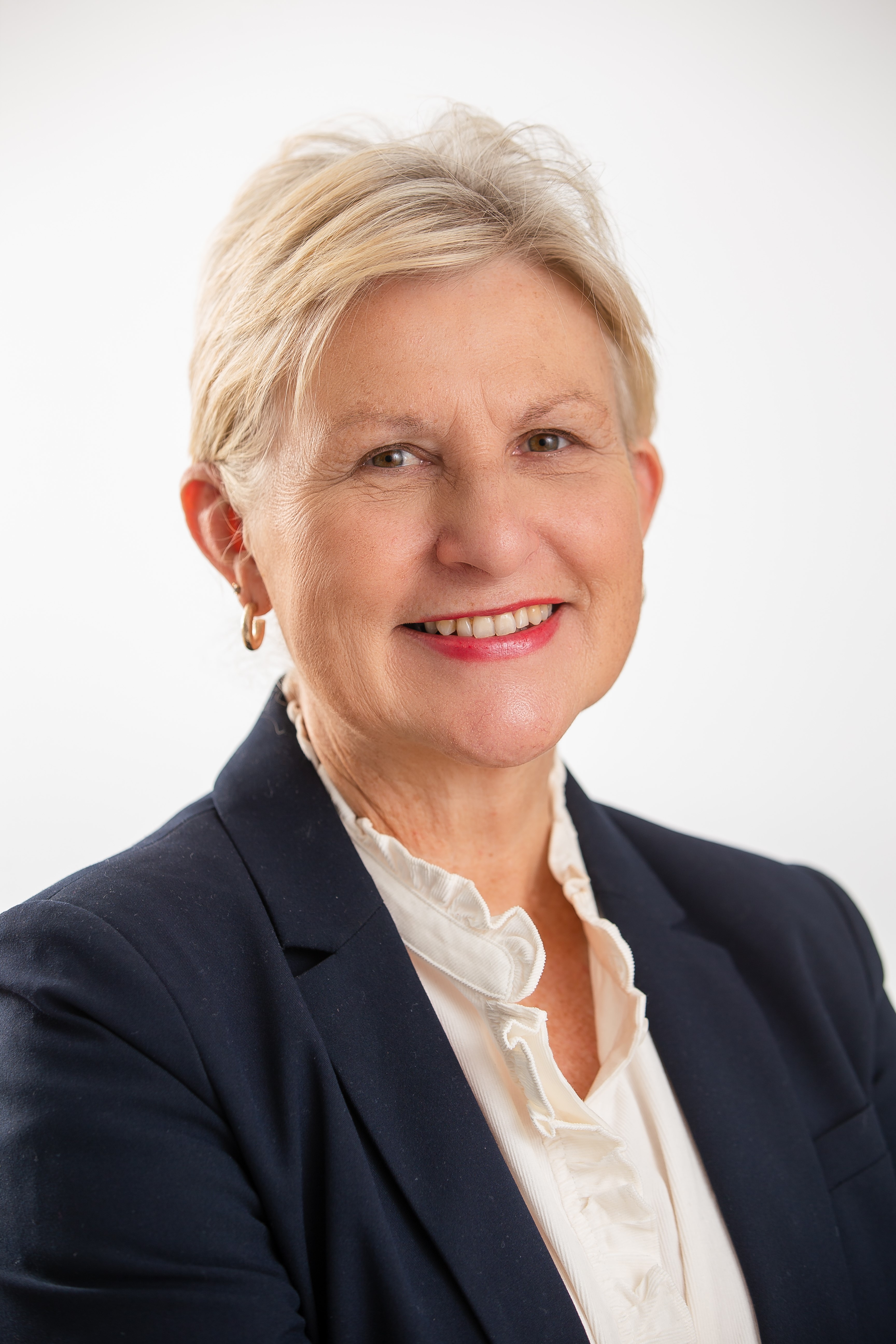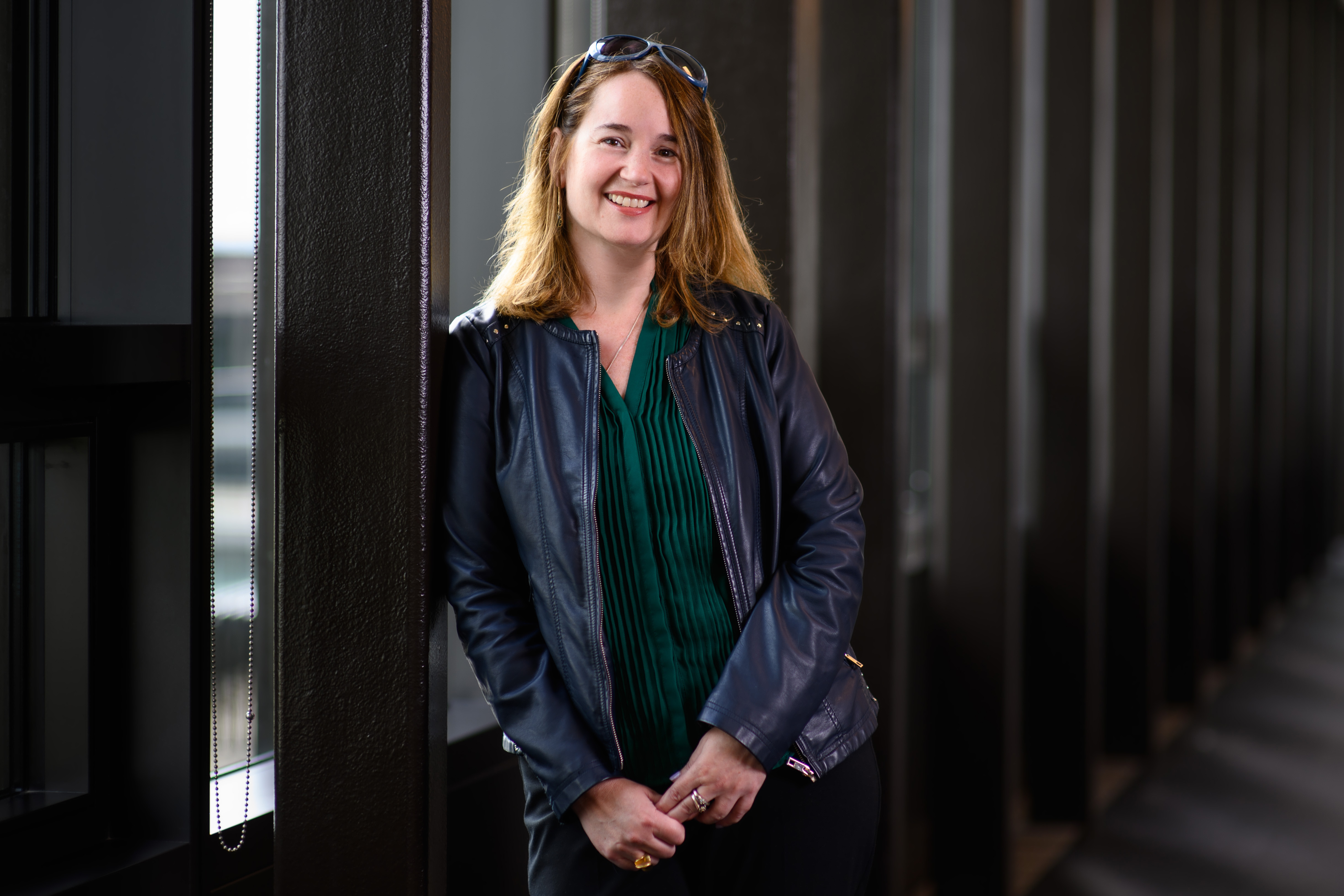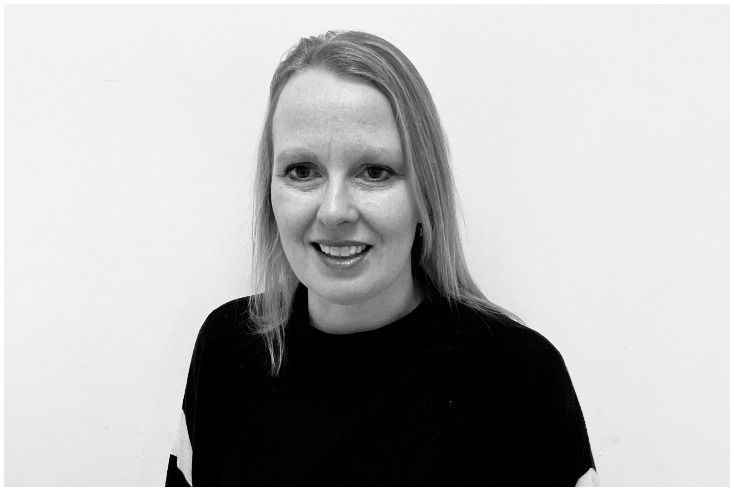How ‘stay interviews’ could become the norm to tackle the media industry talent crisis

“Stay interviews” could become the norm in 2022 to help retain staff during the Great Resignation and talent crisis, industry leaders have said.
As hiring and retaining talent across advertising has become more difficult during the pandemic, leaders and companies are looking at workplace tools they can use to preserve the mental health and wellbeing of their employees. Some media agencies even stopped pitching for new business towards the end of last year because of understaffing and overwork in their teams.
Mediatel News spoke to leaders across media owners, agencies and recruitment consultancies about the phenomenon of “stay interviews” as M&C Saatchi recently announced they were adopting the practice.
While the terminology “stay interviews” may sound very formal and more similar to a performance review, the idea is that it is a less structured and more informal conversation around other aspects of employee and manager wellbeing or personal life rather than being focussed on career targets and salaries.
These may take place more often than an annual or bi-annual performance review, some companies carry these out monthly, and do not necessarily require formal preparation like a survey or self-evaluation.
On LinkedIn and CNBC, a viral post framed stay interviews as “the opposite to exit interviews”; focussing on what measures employers can implement to keep employees and avoid recurring issues, rather than asking why employees are leaving and what could have been changed.
The best recommended questions to ask in such an interview are open, such as:
- How would you rate your work-life balance? How could it be improved?
- What do you think of the way employees are recognised?
- What would you change about the company if you were CEO?
- What does your dream job look like?
- What did you love about your last position/job that you no longer have?
- What can I do as a manager to make your experience better?
The concept rests on giving employees and managers “continual communication” which builds company culture, loyalty and engagement.

David Nobbs, managing partner and head of consumer and recruiting company The Grace Blue Partnership, said: “It is something that has been happening more in recent times and will definitely be happening in every organisation that wants to survive come next year.
“If you haven’t invested in these areas, there’s going to be strong levels of people leaving, then we’ll be in a business where you’ll have to bring in third party contractors, your culture wall raises and ultimately your business will fail because you can’t deliver on customer promise, whether you’re an agency servicing a brand or new customer or whether you’re a brand delivering to the business, people and having one type of people is actually critical to that.”
He clarified that this practice is not a new idea but a lot of companies that are listed as “best companies to work for” have something like this in place for employees.
“Stay interviews” can help give employees more of a pull to stay rather than a push to leave and enhance relationships in teams and work culture and ultimately improve business performance and save companies money on replacing senior talent, he added.

Julia Warren, group HR director at Reach said: “This year we introduced a monthly check-in framework between all our people and their line managers. While we don’t call them ‘stay’ interviews they serve much the same purpose – creating a regular and informal opportunity for people to discuss their progress and development and anything else that’s on their mind – from wellbeing to personal circumstances.
“Especially as we adapt to more remote working, it’s been just as important to give people the chance to feed back to us as it is for managers to feed back to employees. I wouldn’t be surprised if this continued to be a theme next year, as everyone takes a look at the value they offer as an employer.”

Nadine Young, CEO of Publicis Groupe agency Starcom, told Mediatel News that they implemented “Cuppa Catchups” as a result of lockdown last year and randomly divided their 400 employees amongst the leadership team so each would have a 20-minute call with 15 employees who are not their direct reports to check in with them.
Young commented it was the most popular thing the agency had done in years of culture so they will be carrying it forward every six months in 2022.
She added: “We called every single person to see how they were doing and see how
they were holding up. Actually it was driven by a real worry that in lockdown that despite making as much effort as possible to keep in touch with the teams and stay connected, that there would be people who would slip through the cracks and, in some light, honestly something bad would happen.”
Young said: “I was worried people were miserable given the difficult period but, in actual fact, they were so uplifting and there were such brilliant calls and universally the entire leadership team felt the same.”
She pointed to employees feeling listened to and taken seriously with more access to leadership, better team morale and united goals as positive outcomes of the “Cuppa Catchups” scheme.
Young also highlighted that unless there is action or an explanation about why employers are not making changes from feedback, it would not be effective.

Jules Morgan, head of talent acquisition in UK and Ireland at IPG Mediabrands highlighted they carry out the practice alongside other formal performance reviews, management and leadership training and ongoing feedback mechanisms like pulse, employee engagement and onboarding surveys.
She said that this year the company has run training sessions on maternity and parental leave, fertility awareness, the menopause and understanding neuro divergence which were raised in these conversations and surveys, with new policies coming in next year as a result.
She told Mediatel News: “Our leadership training is geared around ensuring that all of our people feel empowered to have continual conversations with their managers about their careers and development to ensure clear communication. This gives us, as a business, the ability to react to people’s needs, whether on a personal or professional level.”




